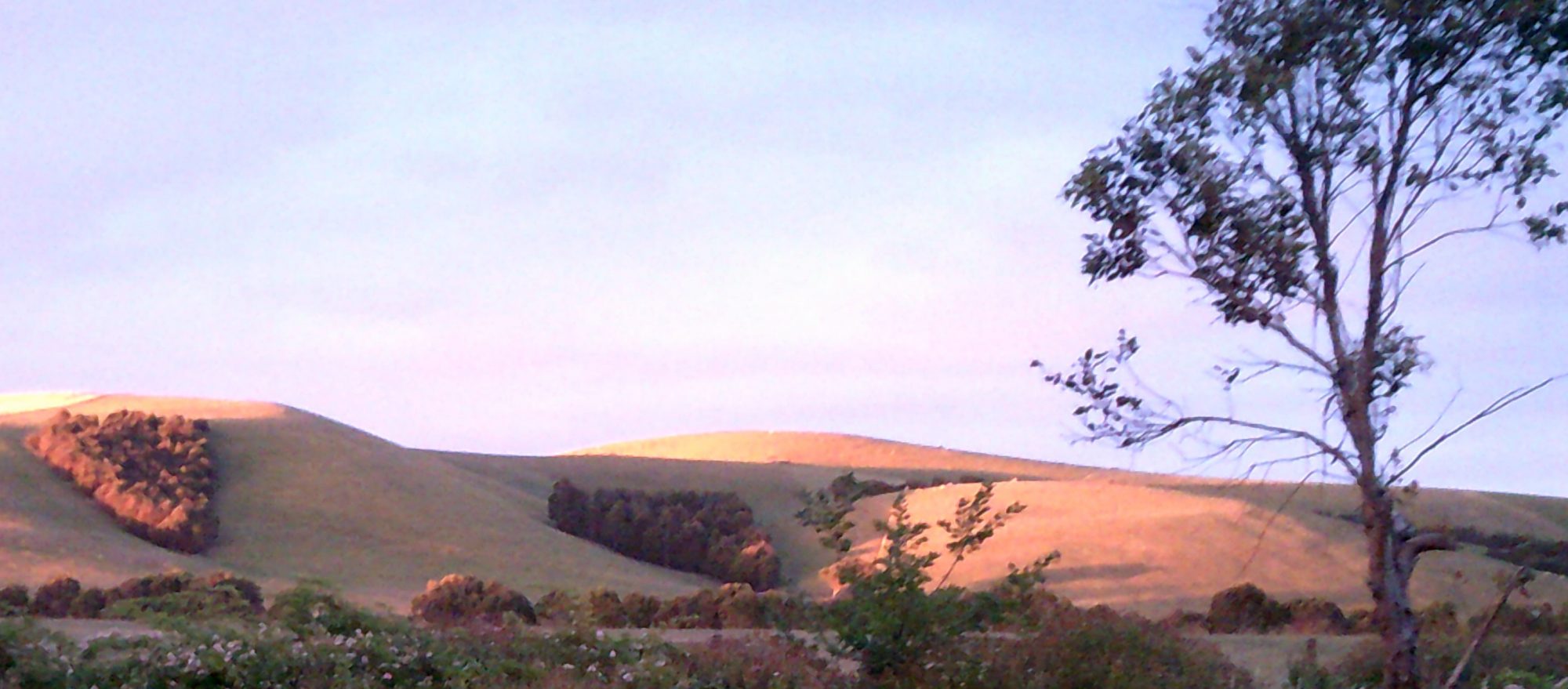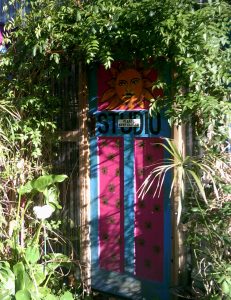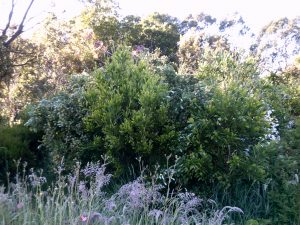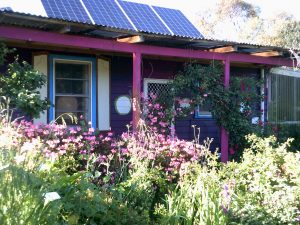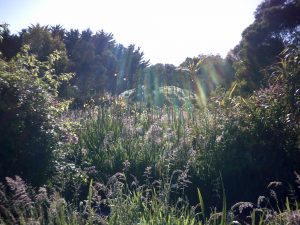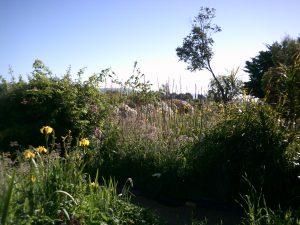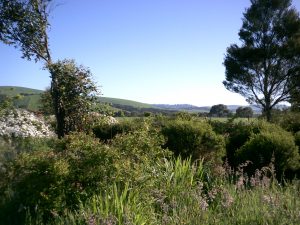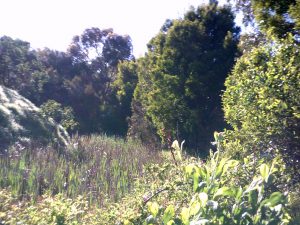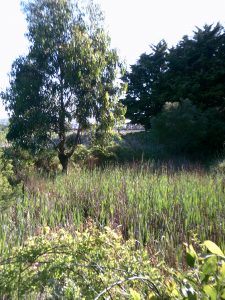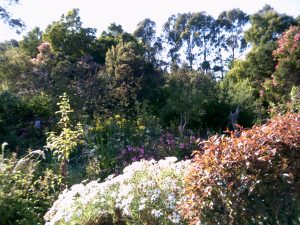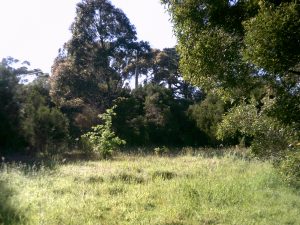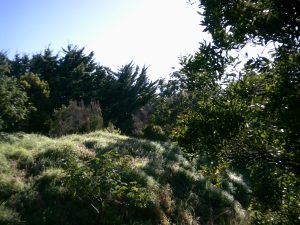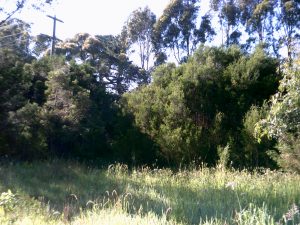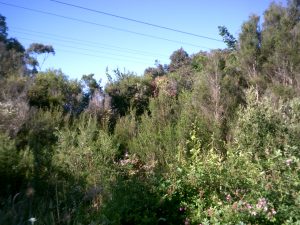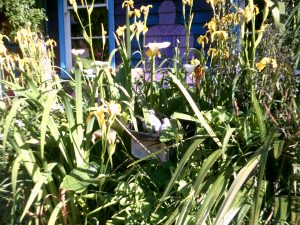We all need a level of control, but sometimes we try to use control when it is not the best way to live in peace and harmony. I am a person who likes order and I tried to apply my order to my land. I could not win the battle over nature so I decided to let go of the control. The result has been an abundance of trees, flowers, birds and other wildlife, yes, including snakes, but a happy snake will not hurt anyone. Here is my new garden.

